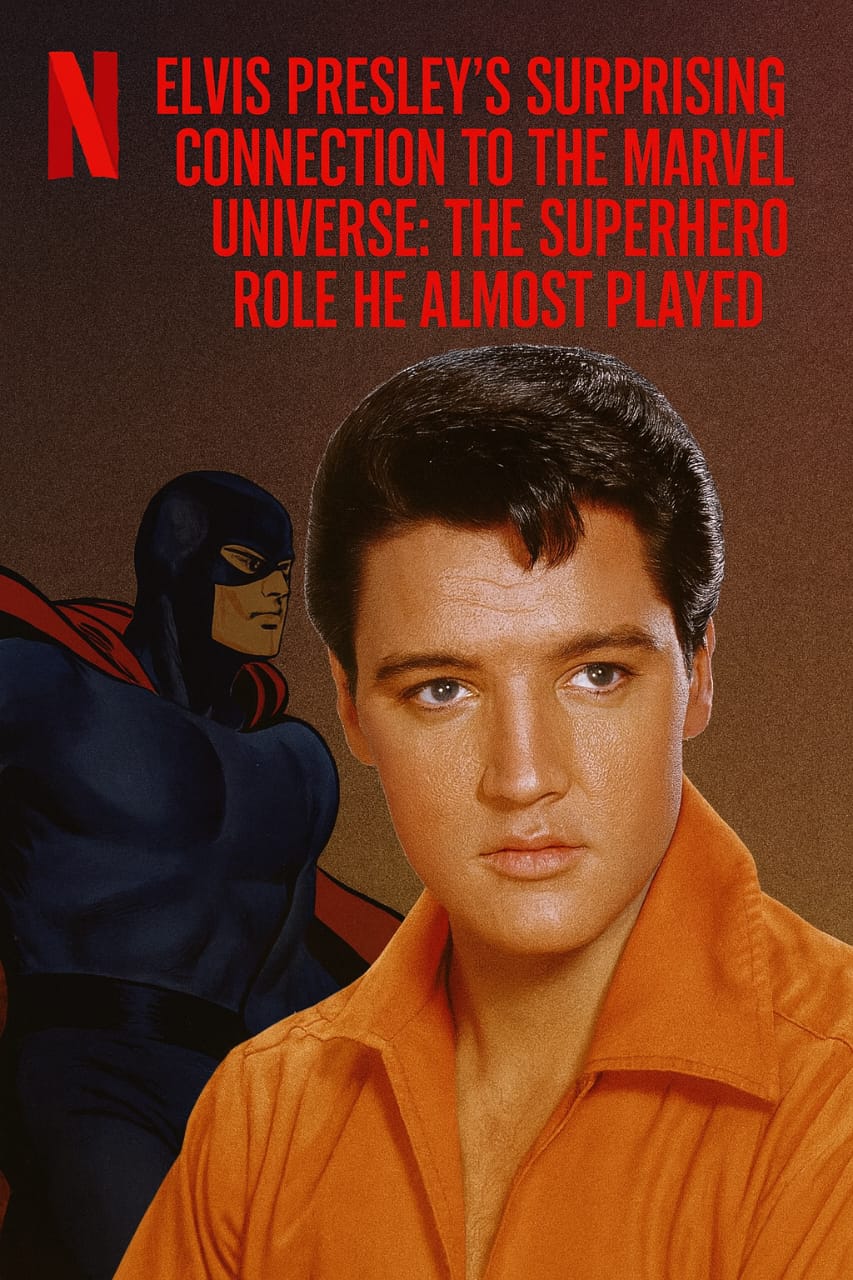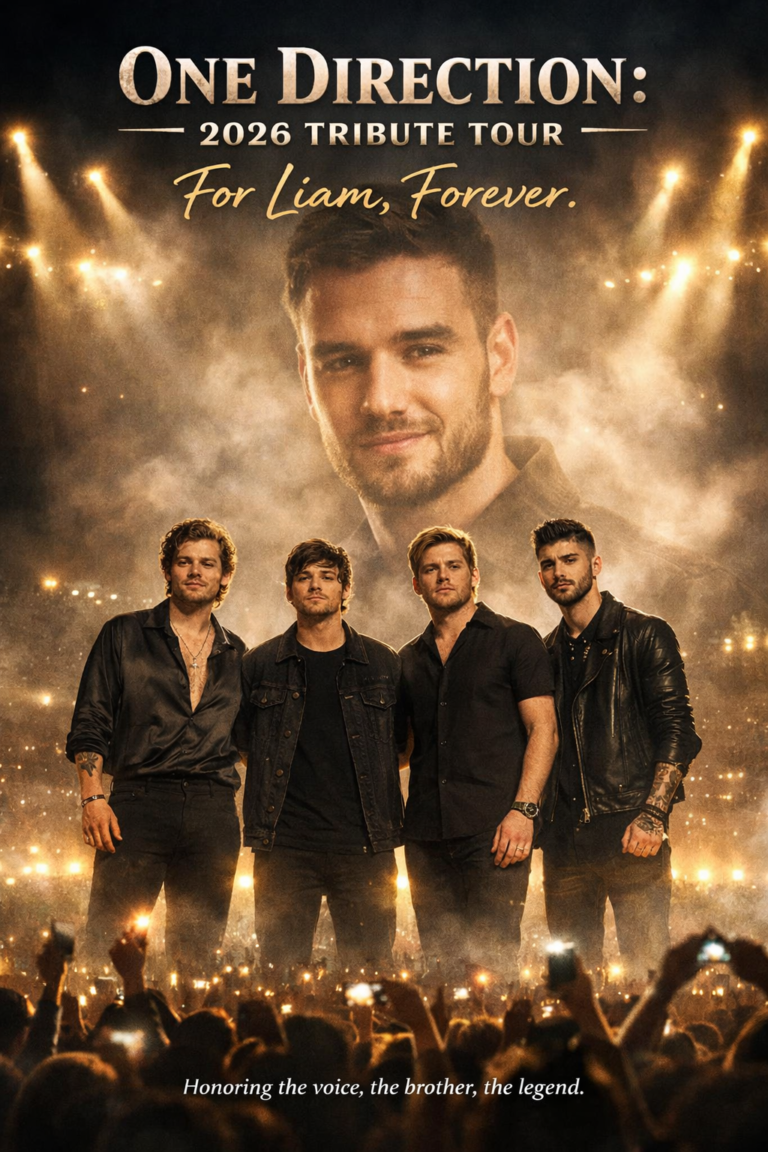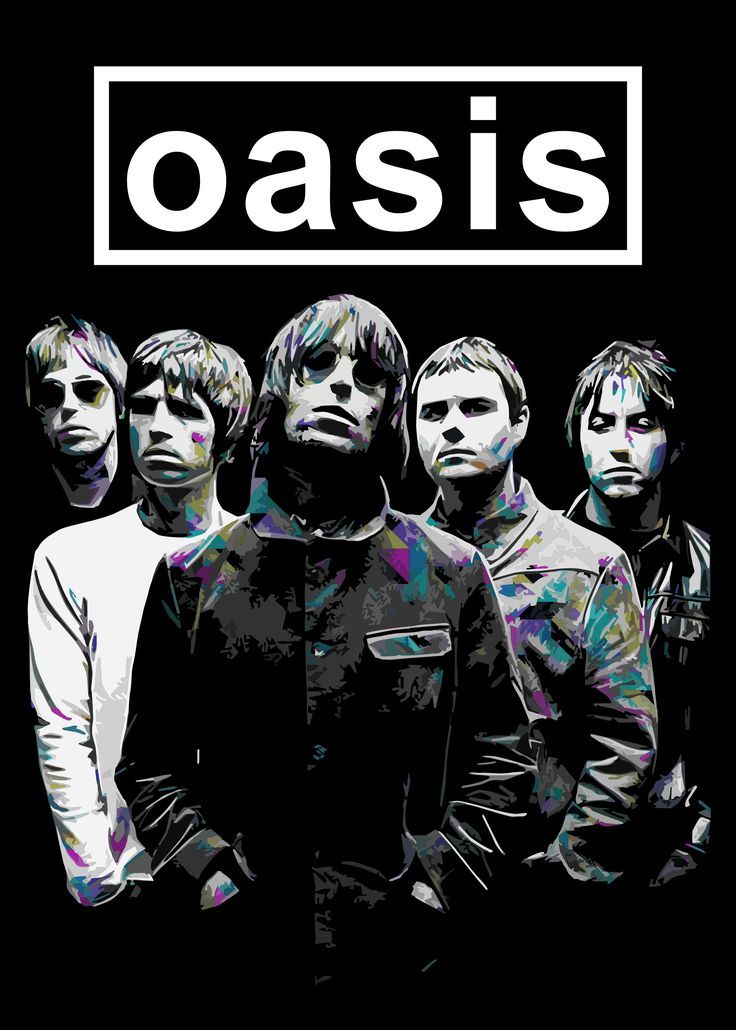
Long before Marvel became the cinematic titan it is today, long before the Avengers assembled on billion-dollar screens, and long before Elvis Presley became a mythic figure frozen in time, there was a moment when two American icons nearly collided. It was a time when the King of Rock ’n’ Roll was exploring new horizons, Hollywood was shifting, and comic-book heroes were just beginning to stir with cinematic possibility. Few fans know it, but Elvis Presley once came surprisingly close to stepping into a superhero role—one that could have rewritten both Marvel history and his own final chapter.
By the late 1960s, Elvis had grown restlessly aware that the Hollywood formula built around him was fading. The glossy musical rom-coms that once filled theaters were beginning to gather dust, overshadowed by a new era of gritty realism, counterculture rebellion, and fresh cinematic experimentation. Behind the rhinestone jumpsuits and the Vegas spotlights was a man searching for reinvention. In this search, an unexpected script landed on his table, one linked to a then-niche comic book universe: Marvel.
According to scattered industry whispers and accounts from those close to the Presley camp, Marvel’s early forays into live-action adaptations included bold ideas and even bolder casting concepts. Amid these conversations, Elvis’s name reportedly surfaced as a candidate for a hero whose personality aligned uncannily with his own—charismatic, rebellious, larger-than-life. The role was never officially announced, never confirmed in any press releases, but in private circles, it was real enough that Elvis became intrigued. For a man craving a dramatic turn, a superhero film offered not just a spotlight but a transformation.
Imagine Elvis donning a costume not for a concert, but for justice. His brooding intensity and magnetic stage presence could have translated into a fascinating on-screen protector, the kind of hero who fought villains with both fists and a quiet, soulful fire. Early comics of the era were filled with flawed, human characters—heroes who wrestled with fame, identity, and burden. Elvis, in many ways, embodied these struggles more than anyone outside the pages.
But timing is a ruthless force. As Elvis’s career shifted into its Vegas era and personal battles deepened, the Marvel idea slowly slipped away. Hollywood moved on. Marvel moved on. And Elvis moved closer to the end of his extraordinary, turbulent, and too-short journey. The superhero role he nearly played became one more item in the “what could have been” vault of pop-culture history.
Today, looking back, the idea feels both surreal and strangely perfect. Elvis Presley—the man who changed music, challenged culture, and dominated screens—almost becoming one of the first Marvel heroes? It is a reminder that even legends have crossroads, moments when their lives nearly take unimaginable turns. Before his final curtain fell, Elvis brushed against a future that might have recast him not just as the King of Rock ’n’ Roll, but as the King of Superheroes.
In the end, we’re left with the story of a role that never was, a universe that never met its would-be icon, and a tantalizing thought: somewhere in an alternate reality, Elvis Presley is still out there saving the world, cape fluttering, sideburns catching the light, doing what he always did best—capturing hearts and commanding the stage.



